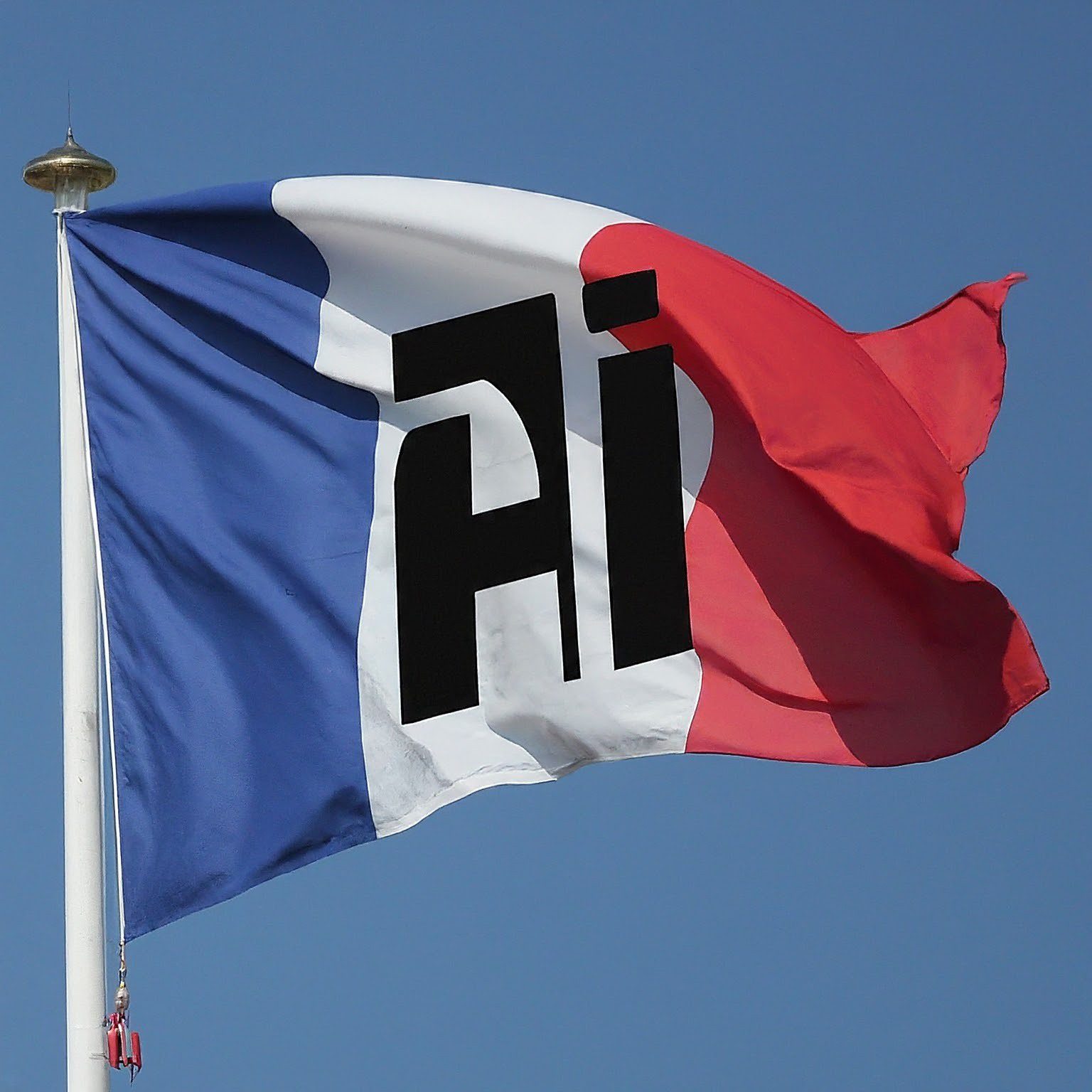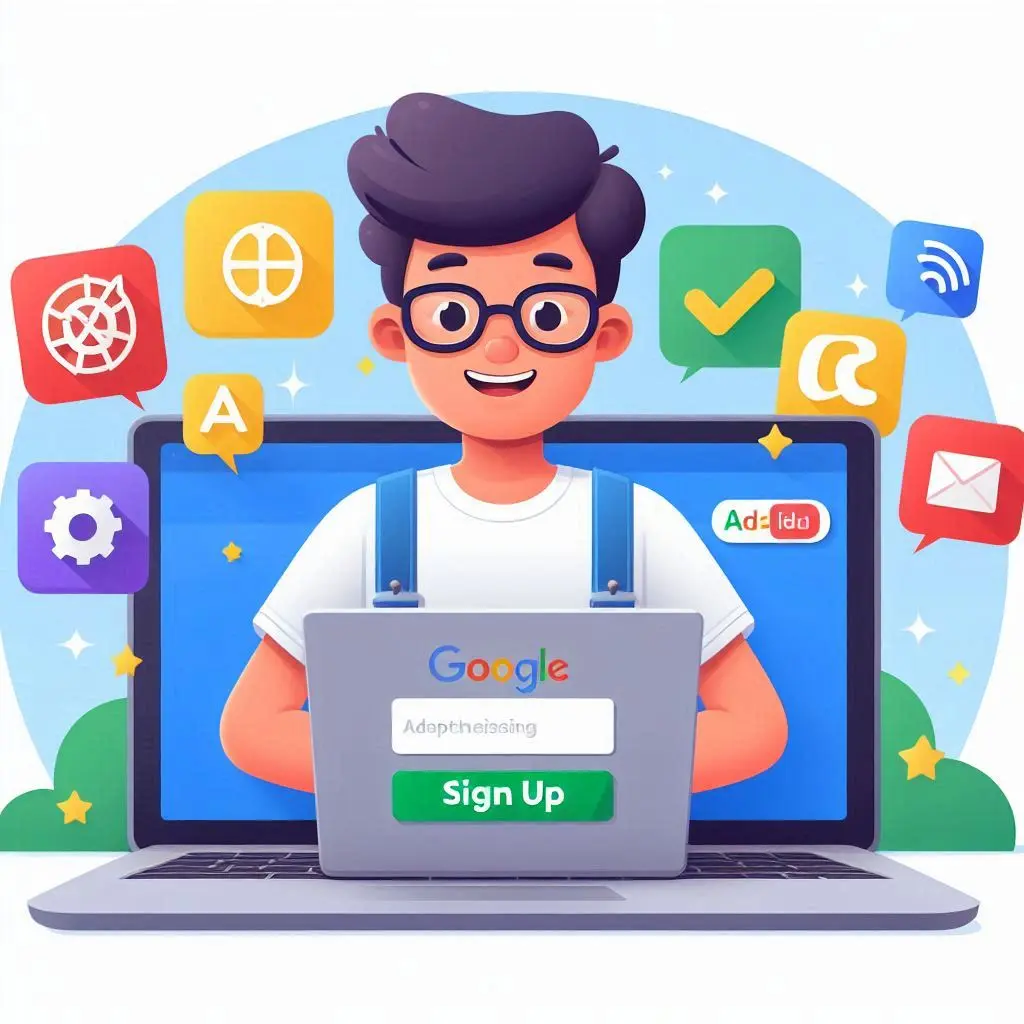Tackling the Study Struggle with Artificial Intelligence
In students phase we all have issues in studing especially in maths but in todays world thanks to technology we can get help from ai too much to learn and time saving . France has started Artificial Intelligence (AI). They’re introducing MIA, an AI-powered app, to assist 200,000 high school students in revising literature and mathematics. This move has sparked a fascinating debate: can AI really help students learn better, and should students also learn about AI itself?
| Feature | Description |
|---|---|
| Name | Modules interactifs adaptatifs (MIA) |
| Meaning | Interactive Adaptive Modules |
| Country | France |
| Target Users | French Lycée Students (around 15 years old) |
| Subjects | Literature & Mathematics (possibly expanding |
MIA is currently being rolled out to select schools, it might not have a publicly available
Understanding AI in Education
Before we dive into France’s experiment, let’s understand what AI is and how it could help in education:
What is AI?
AI stands for Artificial Intelligence, which means creating machines that can think and learn like humans. These machines can analyze lots of information, recognize patterns, predict outcomes, and even come up with new ideas.
How AI Helps in Education:
- Personalized Learning: AI can understand how each student learns best and provide lessons tailored to them.
- Adaptive Learning: It adjusts the difficulty of lessons based on how well a student is doing, so they’re always challenged but not overwhelmed.
- Intelligent Tutoring Systems: These are like virtual tutors that can answer questions and guide students through tough subjects.
- Automated Grading: AI can help teachers grade assignments faster, so they have more time for teaching.
Why AI in Education Matters:
- Efficiency: AI can do repetitive tasks, freeing up teachers’ time.
- Engagement: It can make learning more fun and personalized.
- Accessibility: It can help students who struggle with traditional learning methods.
- Data-Driven Learning: AI can track progress and suggest better learning strategies.
France’s Big Step: MIA App and the Debate It Sparks
Now, let’s talk about France’s MIA app and why it’s causing a stir:
The MIA app helps students by:
- Giving them practice exercises tailored to their needs.
- Explaining concepts and giving feedback.
- Adjusting the difficulty as students progress.
- Identifying areas where students need more help.
But with this new tool come some important questions:
- Can AI Replace Teachers? No, AI is a tool to help teachers, but it can’t replace human empathy and creativity.
- Will AI Make Learning the Same for Everyone? We need to make sure AI doesn’t make learning too uniform but instead personalizes it for each student.
- Could AI Be Biased? AI learns from data, and if that data is biased, it could affect how students learn. We need to make sure AI is fair and represents different perspectives.
- Should Students Learn About AI? In today’s world, understanding AI is important. Students should know how it works, its limits, and how to use it responsibly.
Government Support for AI in Education
France isn’t the only country exploring AI in education. Here are some recent updates from other governments:
- European Union: They’re focusing on ethical AI development in education.
- South Korea: They’re investing in teaching AI to students.
- United States: Many schools are trying out AI-powered learning tools.
So, as France takes this big step into AI education, it’s not alone. Governments worldwide are recognizing the potential of AI to revolutionize learning, but they’re also cautious about the challenges it may bring.




